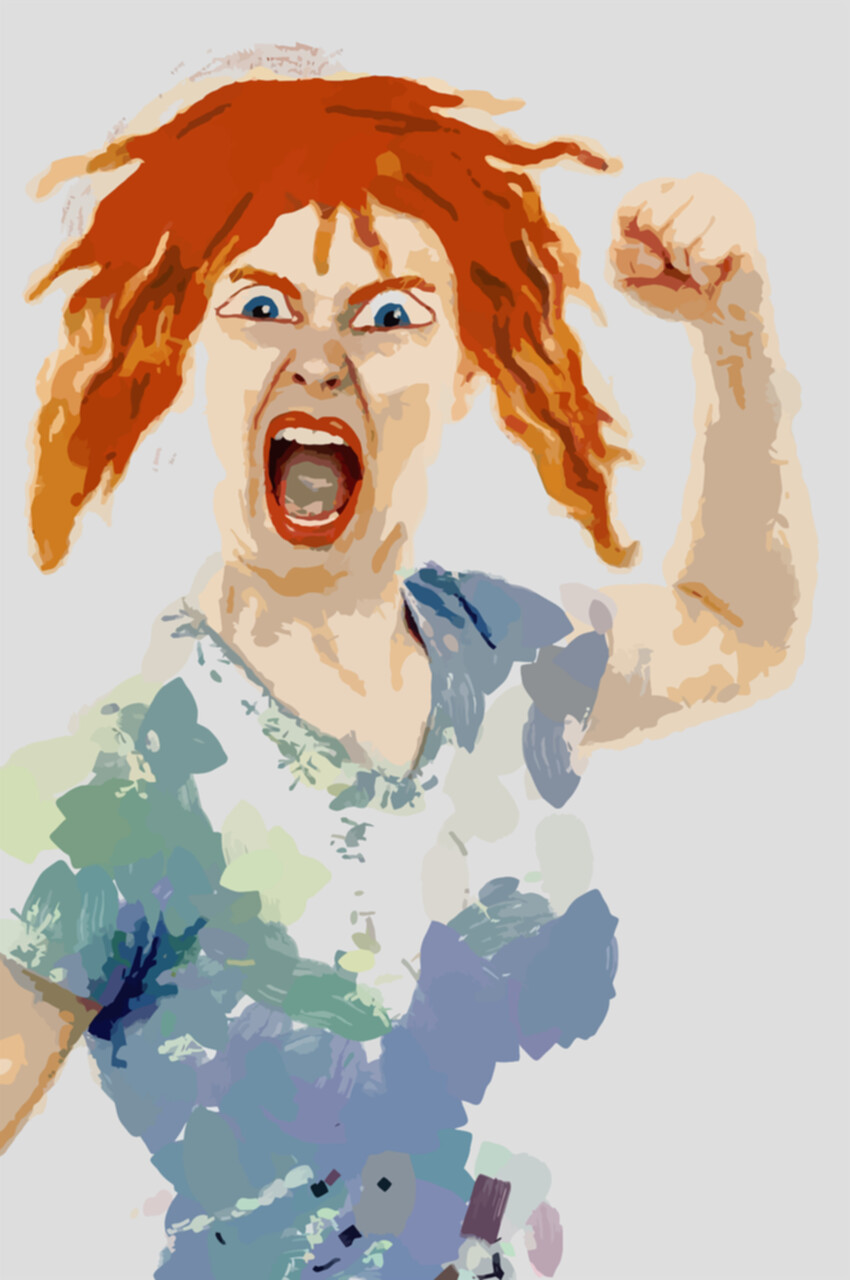It’s unfair, this doesn’t have to be like this, I would never have done it to him… these are expressions that we use when we allude to the need for justice.

What is the need for justice?
The fact of demanding justice, in any area of our life (work, friendship, relationship, personal…) is a behavior based on external comparisons that generates discomfort and negative emotions. It arises when we compare the real situation with the ideal one, with how it should be and, therefore, we do not accept how it is at the present moment. This leads to a great discrepancy between what is and what should be, when this occurs we feel angry and helpless because we cannot influence the situation.
“If the world were so organized that everything had to be fair, there would be no living creature that could survive a single day. Birds would be prohibited from eating worms, and the personal interests of all human beings would have to be attended to” Dyer , W.
How does it manifest?
This need for justice is presented through phrases such as:
- Others earn more money by working fewer hours or having less hard work.
- People commit violations with impunity.
- I would never act that way, I would never do something like that.
- If he/she can do it, then so can I, we should all be equal.
What consequences does it have?
- We stop having the power to decide, others decide for us the rules, how we feel about them and what should be fair.
- A continuous comparison with others occurs, giving them the power to direct what we think and how we feel.
- It immobilizes us, it does not allow us to focus on achieving a positive change in the situation.
- It feeds negative emotions such as jealousy and the need for the person to behave in a certain way that coincides with how I would do it.
- We demand that others be like us, so if I act this way others have to reciprocate because otherwise it would not be fair.

Among the negative aspects caused by the need for justice are
- Jealousy
- Frustration
- Feeling indebted to others
- Impotence
- Rage
- emotional immobility
- Revenge
- Do things without questioning them
- Decisions controlled by the environment
How can we transform this need for justice?
The key is acceptance
How is it achieved?
- Taking charge of your decisions.
- Doing personal work in which you can change “it’s not fair” for “it just is.” It is at that point that you can focus on what you can modify.
- Choose to direct your life based on what you want and not what is fair.
- Internalize that others are different from you and therefore will not act in the same way.
- Decide from freedom and your values, not based on comparison with others.
- When something doesn’t seem fair to you, don’t stay stuck in that thought and negative emotions, define what you want and find a way to get it.
Benefits of freeing yourself from this need
Through acceptance of the situation and the people, in situations that now seem unfair, negative emotions will stop appearing and instead, personal resources will emerge to confront them and look for alternatives. Thus, you get:
- Freedom of choice to live in accordance with one’s own norms and values.
- Not having to act out of obligation.
- Avoid associated negative emotions such as anger, frustration.
- Not being aware of what others will do.
- Take responsibility for your decisions.
- Being able to change what you don’t like.
And above all it will give you peace of mind.
Bibliography
Dyer, W. (1976). Your incorrect zones. Pocket-size.
Álvarez, N. (1988). From the need for social acceptance to the feeling of justice. Dialnet, 5, 427-440.








